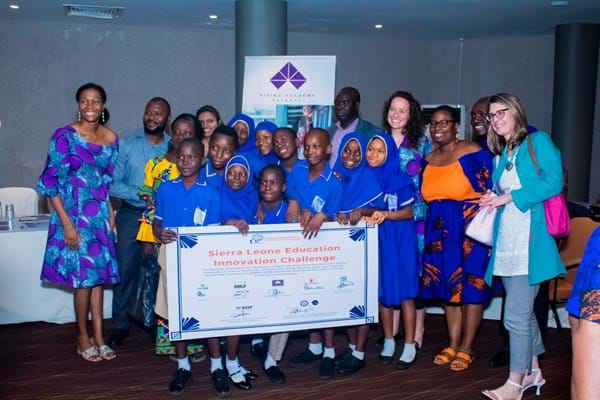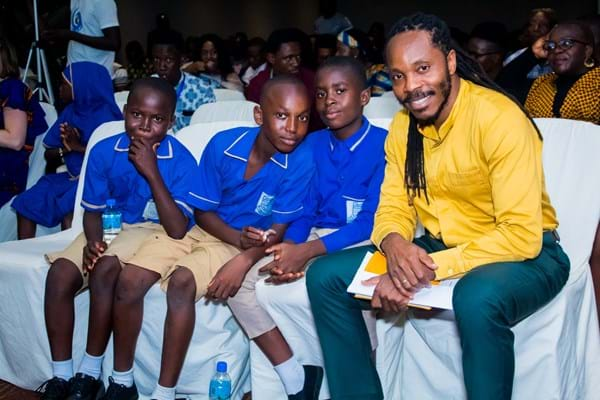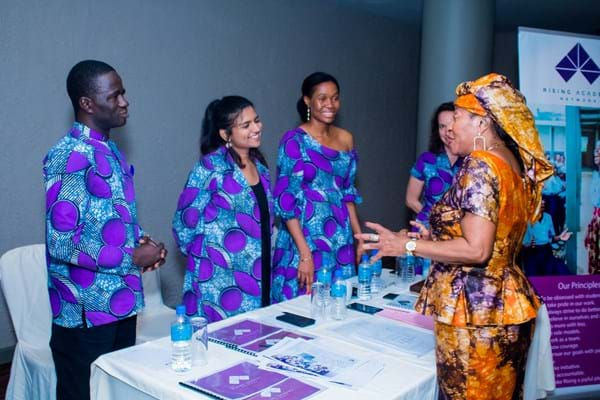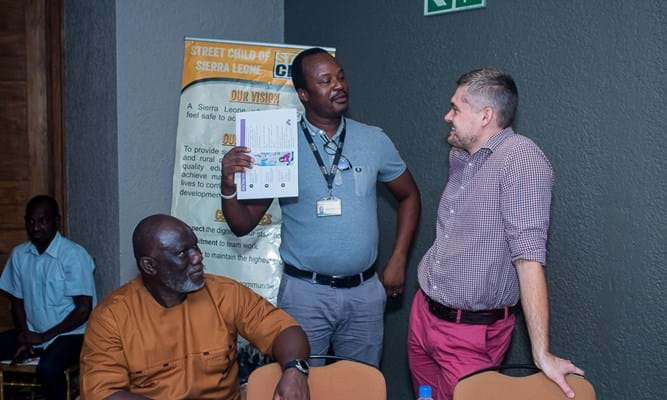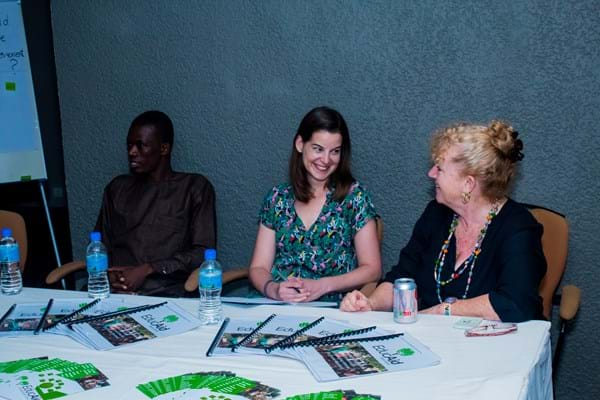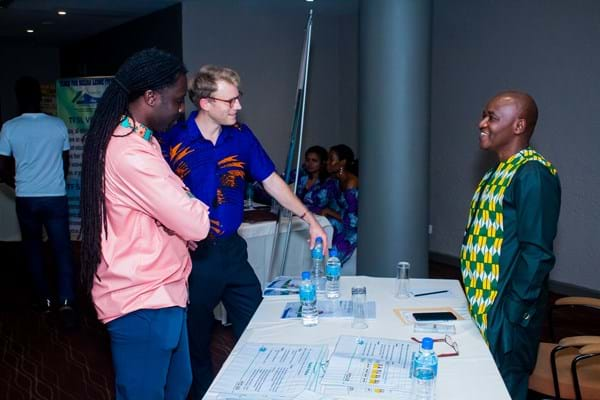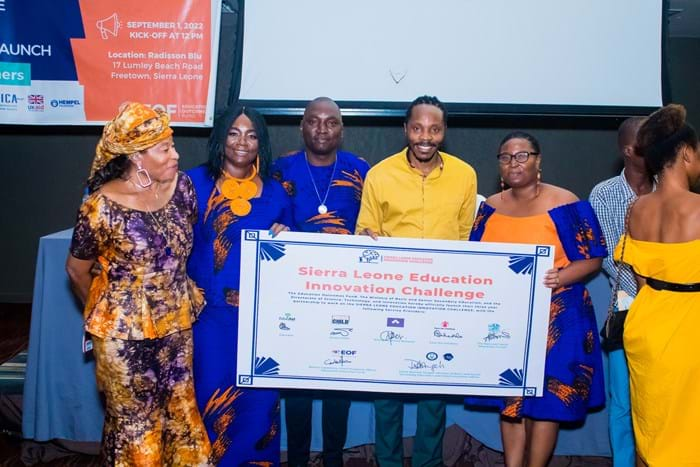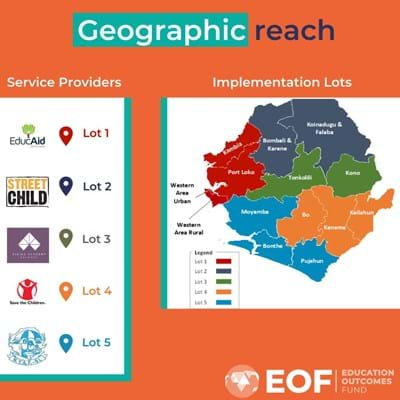Context
Learning outcomes in Sierra Leone remain among the lowest in the world. According to the World Bank’s 2020 Human Capital Index, a child born in Sierra Leone can expect to complete just 9.6 years of school (and just 4.9 years when adjusted for learning) by the time they turn 18, out of a total of 12 years of formal education expected by this age. The 2021 Early Grade Reading Assessment (EGRA) found that 51% of Grade 2 students scored zero on reading comprehension. By Primary 4, 30% of children still scored zero on the same reading comprehension test. In all, attending school is not yet a guarantee for foundational learning in Sierra Leone.
There have been gains in enrolment and completion rates in Sierra Leone in recent years, but not consistently across all levels of education and with large regional disparities. Gross enrolment rates in the first year of primary schools is close to 137%, as many children too old or too young are enrolled in primary institutions according to the 2020 annual school census. The presence of both older and younger children is attributed to high repetition rates in early grades – due to poor quality teaching and children not being school-ready – as well as parents enrolling children who are too young due to a lack of accessible pre-primary options.
Currently more girls than boys participate in education at the primary level, but this ratio becomes lower by junior secondary and senior secondary school. Some of the specific reasons that girls drop out of school are related to teenage pregnancy, early forced marriages, school related Gender-Based Violence (GBV), and poor in-school sanitation facilities.
The Government of Sierra Leone is now partnering with the Education Outcomes Fund (EOF) to directly address the country’s learning crisis. EOF is an independent trust fund hosted by UNICEF. The Fund works to help achieve the UN Sustainable Development Goal 4: Inclusive and equitable quality education for all. Through partnerships such as this one, they bring together governments, donors, implementing partners, and investors to achieve concrete targets for learning, skill development, and employment. The overarching goal is to scale up results-based financing in education, with the aim of improving the effectiveness of spending and transforming the lives of 10 million children and youth.
